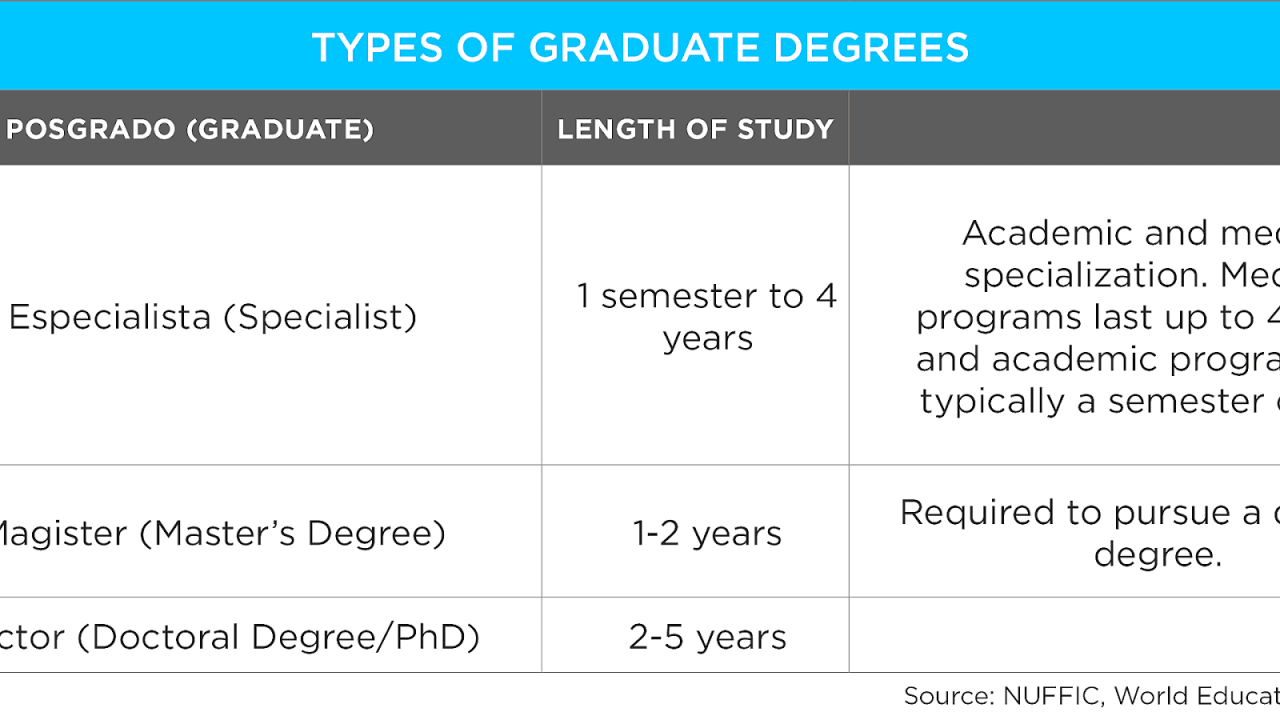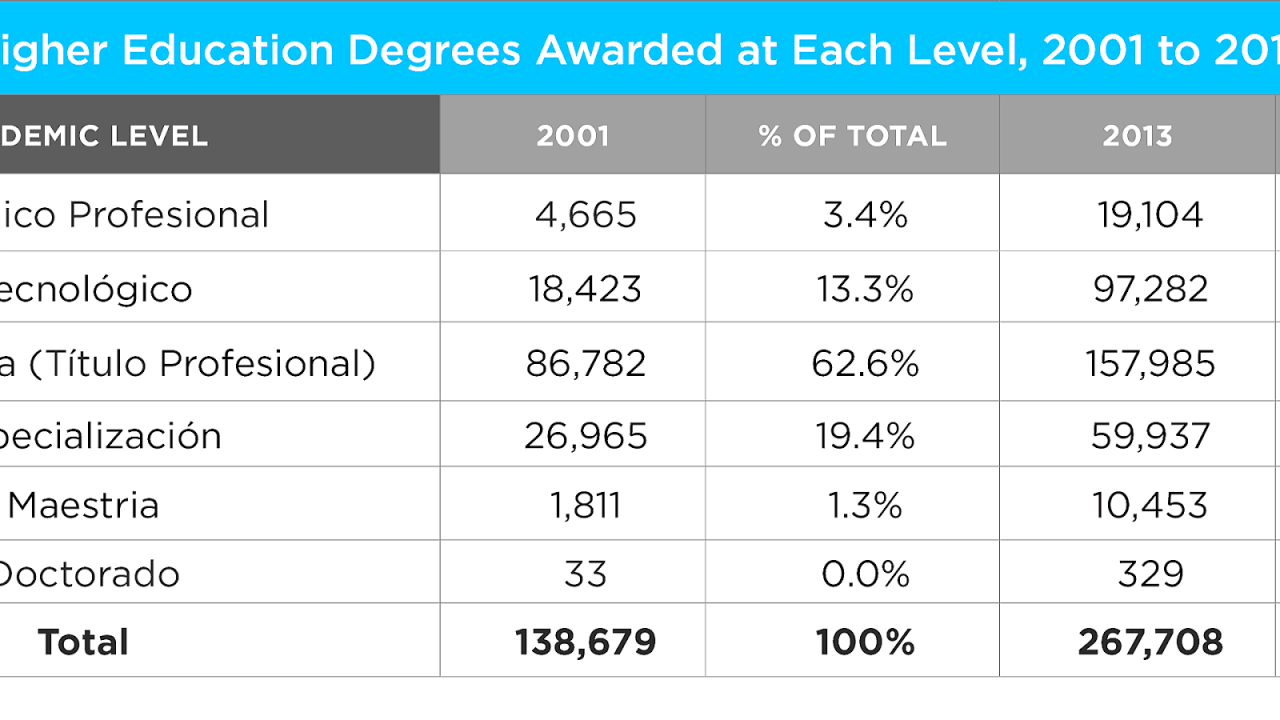
Bachelor Degree Meaning: A Pathway to Success – The term “bachelor’s degree” is familiar to many, but its true significance extends far beyond a simple academic credential. It represents a journey of intellectual growth, a commitment to specialized knowledge, and a stepping stone towards a fulfilling career. From its humble origins to its contemporary relevance, the bachelor’s degree has evolved alongside society, reflecting the changing demands of the workforce and the pursuit of individual aspirations.
The bachelor’s degree is a testament to the dedication and hard work of individuals who strive to enhance their skills and knowledge. It is a gateway to diverse career paths, opening doors to opportunities that might otherwise remain closed. In this exploration, we will delve into the multifaceted nature of the bachelor’s degree, examining its history, types, benefits, and its enduring importance in today’s dynamic world.
Types of Bachelor’s Degrees

A bachelor’s degree is a foundational academic credential that opens doors to a wide range of career opportunities and advanced studies. While the general concept of a bachelor’s degree is familiar, understanding the different types and their implications is crucial for making informed decisions about your academic path.
Types of Bachelor’s Degrees
Different types of bachelor’s degrees cater to various academic disciplines and career aspirations. The most common types are the Bachelor of Arts (BA) and the Bachelor of Science (BS), each emphasizing distinct approaches to learning and knowledge acquisition. Specialized degrees, designed for specific fields, further diversify the landscape of bachelor’s programs.
| Degree Type | Common Fields of Study | Typical Duration | Career Paths |
|---|---|---|---|
| Bachelor of Arts (BA) | Humanities, Social Sciences, Arts, Languages, Education | 4 years | Teaching, Journalism, Public Relations, Social Work, Marketing, Human Resources |
| Bachelor of Science (BS) | Science, Technology, Engineering, Mathematics (STEM), Business, Health Sciences | 4 years | Engineering, Computer Science, Biology, Chemistry, Medicine, Finance, Accounting |
| Specialized Degrees | Architecture, Nursing, Law, Music, Fine Arts | 4-5 years | Architect, Nurse, Lawyer, Musician, Artist |
Requirements and Curriculum

Earning a bachelor’s degree involves completing a structured program of study that includes coursework, credit accumulation, and residency requirements. These requirements ensure that graduates have a solid foundation in their chosen field and are prepared for future academic or professional pursuits.
Coursework and Credits
Coursework is the core of a bachelor’s degree program. Students typically take a variety of courses that cover foundational knowledge and specialized skills within their chosen major. Each course carries a certain number of credit hours, which are accumulated throughout the program.
The number of credits required for a bachelor’s degree varies depending on the institution and program, but it is typically around 120-130 credit hours. These credits are earned through successful completion of courses, with each course requiring a specific level of academic performance, usually measured by letter grades.
Residency Requirements
Residency requirements specify the minimum amount of time a student must be enrolled at a particular institution to earn a degree. These requirements vary from institution to institution, but they generally ensure that students have a meaningful academic experience at their chosen university.
Typically, students must complete a certain percentage of their degree requirements at the institution where they are seeking the degree. This ensures that students are engaged with the institution’s faculty, resources, and academic culture.
Typical Bachelor’s Degree Curricula
Bachelor’s degree programs are designed to provide students with a comprehensive understanding of their chosen field. Curricula typically include a mix of core courses, elective courses, and general education requirements.
Core Courses
Core courses are essential to the major and provide a foundational understanding of the subject matter. For example, a computer science major might take core courses in programming, data structures, algorithms, and software engineering.
Elective Courses
Elective courses allow students to explore specific areas of interest within their major or to broaden their knowledge base. For instance, a computer science major might choose electives in artificial intelligence, cybersecurity, or web development.
General Education Requirements
General education requirements are designed to broaden students’ perspectives and enhance their critical thinking skills. These courses often cover topics in humanities, social sciences, and the arts.
For example, a student pursuing a bachelor’s degree in computer science might be required to take courses in English composition, history, and social sciences. These requirements ensure that graduates have a well-rounded education and are prepared to succeed in a variety of settings.
Undergraduate vs. Postgraduate Studies
Undergraduate studies, which include bachelor’s degrees, focus on providing a broad foundation in a particular field. Postgraduate studies, such as master’s and doctoral degrees, build upon this foundation and delve deeper into specialized areas of study.
Undergraduate Studies
Undergraduate programs are typically designed to provide students with a comprehensive understanding of their chosen field. The emphasis is on developing foundational knowledge and skills.
Postgraduate Studies
Postgraduate programs are designed for students who want to specialize in a particular area of study or pursue advanced research. These programs often require students to complete a thesis or dissertation, which involves conducting original research and presenting their findings.
Undergraduate and postgraduate studies differ in their scope, depth, and research expectations. While undergraduate studies provide a broad foundation, postgraduate studies allow students to delve deeper into their chosen field and contribute to the advancement of knowledge.
Benefits and Value
A bachelor’s degree is a valuable investment that can significantly impact your career, earning potential, and personal growth. It unlocks doors to a wider range of opportunities, provides a competitive edge in the job market, and equips you with the knowledge and skills necessary to thrive in today’s dynamic world.
Career Opportunities
A bachelor’s degree opens doors to a wider range of career options. Employers often prefer candidates with a bachelor’s degree, as it demonstrates a commitment to education and a strong foundation in a specific field. Many professions, such as engineering, medicine, law, and business, require a bachelor’s degree as a minimum qualification. For example, a bachelor’s degree in engineering can lead to roles in design, research, and development, while a bachelor’s degree in business can open doors to careers in finance, marketing, and management.
Salary Potential
Individuals with a bachelor’s degree generally earn significantly more than those with only a high school diploma. According to the U.S. Bureau of Labor Statistics, workers with a bachelor’s degree earn an average of 67% more than those with only a high school diploma. This salary advantage can significantly impact an individual’s financial well-being, allowing them to pursue their goals, save for retirement, and enjoy a higher standard of living. For example, a software engineer with a bachelor’s degree in computer science can expect to earn a significantly higher salary than a software developer with only a high school diploma.
Personal Growth
Beyond career benefits, a bachelor’s degree fosters personal growth and development. The rigorous academic curriculum challenges students to think critically, solve problems, and communicate effectively. It exposes them to new ideas and perspectives, broadening their horizons and fostering intellectual curiosity. The process of earning a bachelor’s degree also instills valuable skills such as time management, organization, and self-discipline, which are transferable to all aspects of life.
Value Across Industries
The value of a bachelor’s degree varies across different industries and professions. In some fields, such as technology and healthcare, a bachelor’s degree is essential for entry-level positions. In other fields, such as sales and marketing, a bachelor’s degree may not be mandatory but can provide a significant advantage. For example, a bachelor’s degree in finance is highly valued in the financial services industry, while a bachelor’s degree in nursing is essential for becoming a registered nurse.
Importance in Today’s World

In today’s dynamic and competitive job market, a bachelor’s degree has become a valuable asset, enhancing career prospects and opening doors to a wider range of opportunities. The evolving nature of industries necessitates individuals with specialized knowledge and skills, making a bachelor’s degree a crucial stepping stone for success.
Relevance in the Contemporary Job Market
A bachelor’s degree equips individuals with the foundational knowledge and skills necessary to thrive in the contemporary job market. Employers increasingly seek candidates with a strong academic background, demonstrating their ability to think critically, solve problems, and adapt to new challenges. According to a 2023 report by the U.S. Bureau of Labor Statistics, individuals with a bachelor’s degree earn significantly more over their lifetime than those with only a high school diploma. The report highlights the financial benefits associated with higher education, emphasizing the value of a bachelor’s degree in the job market.
Evolving Skills and Knowledge Required for Success
The rapid pace of technological advancements and globalization has transformed industries, requiring individuals to possess a diverse set of skills and knowledge. Employers prioritize candidates who can adapt to changing circumstances, collaborate effectively, and leverage technology to enhance productivity. A bachelor’s degree provides a strong foundation in critical thinking, problem-solving, communication, and technology, equipping individuals with the necessary tools to navigate the complexities of the modern workplace.
Examples of How a Bachelor’s Degree Can Contribute to a Successful Career
A bachelor’s degree can contribute to a successful career in various ways, depending on the chosen field of study. For instance, a degree in engineering can open doors to careers in research, development, and design, while a degree in business can lead to opportunities in management, finance, and marketing. The skills and knowledge acquired through a bachelor’s degree program can be applied to a wide range of industries, enhancing career progression and job security.
Alternatives to a Bachelor’s Degree: Bachelor Degree Meaning
While a bachelor’s degree remains a highly valued credential in many fields, it’s not the only path to a successful and fulfilling career. Numerous alternative pathways offer individuals opportunities for professional development and advancement. These alternatives cater to diverse learning styles, interests, and career aspirations, providing flexibility and accessibility for individuals seeking to acquire valuable skills and knowledge.
Apprenticeships, Bachelor degree meaning
Apprenticeships provide hands-on training and practical experience in a specific trade or profession. They typically combine on-the-job training with classroom instruction, allowing apprentices to learn from experienced professionals while gaining real-world skills.
- Duration: Apprenticeships can vary in length, ranging from a few months to several years, depending on the trade or profession.
- Cost: Some apprenticeships may require a tuition fee, but many are offered through government programs or employer-sponsored initiatives, which may provide financial assistance or even cover the costs entirely.
- Potential Career Outcomes: Successful completion of an apprenticeship program often leads to a job offer within the field, providing a direct pathway to employment.
Vocational Training
Vocational training programs focus on developing specific skills and knowledge required for a particular occupation. These programs are offered by technical schools, community colleges, and private institutions, providing individuals with the necessary qualifications to enter the workforce.
- Duration: Vocational training programs typically range from a few weeks to a year or two in length, depending on the specific program and the level of skill development.
- Cost: The cost of vocational training varies widely, with programs offered at different price points depending on the institution and the type of training. Some programs may offer financial aid or scholarships to eligible students.
- Potential Career Outcomes: Vocational training can lead to entry-level positions or prepare individuals for further education or apprenticeship opportunities.
Online Courses
Online courses offer flexibility and accessibility for individuals seeking to acquire new skills or knowledge. These courses are available in a wide range of subjects, from business and technology to creative arts and personal development.
- Duration: Online courses vary in length, from short certificate programs to comprehensive degree programs. Individuals can choose courses that fit their schedules and learning pace.
- Cost: The cost of online courses can vary depending on the institution, the length of the program, and the level of instruction. Some courses are offered for free, while others may require a tuition fee.
- Potential Career Outcomes: Online courses can enhance job prospects by developing specific skills, expanding knowledge, and providing valuable credentials.
Comparison of Alternatives
| Pathway | Duration | Cost | Potential Career Outcomes |
|---|---|---|---|
| Apprenticeship | Months to years | Variable, may be free or subsidized | Job offer within the field |
| Vocational Training | Weeks to years | Variable, depending on institution and program | Entry-level positions, further education, apprenticeship opportunities |
| Online Courses | Variable, from short certificates to degree programs | Variable, from free to tuition-based | Skill development, knowledge expansion, career advancement |
End of Discussion
The bachelor’s degree is more than just a piece of paper; it’s a symbol of achievement, a catalyst for personal growth, and a valuable asset in the competitive job market. Whether you aspire to a career in science, the arts, business, or any other field, the bachelor’s degree provides a solid foundation for success. It equips individuals with the knowledge, skills, and critical thinking abilities needed to navigate a rapidly changing world. As we move forward, the value of higher education, including the bachelor’s degree, will only continue to grow, shaping the future of individuals and society as a whole.
Top FAQs
What is the difference between a Bachelor of Arts (BA) and a Bachelor of Science (BS)?
While both are bachelor’s degrees, a BA typically focuses on liberal arts and humanities subjects like English, history, or philosophy, while a BS emphasizes science, technology, engineering, and mathematics (STEM) fields.
Is a bachelor’s degree necessary for all careers?
While a bachelor’s degree is becoming increasingly common, some fields may offer alternative pathways through apprenticeships, vocational training, or certifications. The specific requirements vary depending on the chosen profession.
How long does it typically take to earn a bachelor’s degree?
A traditional four-year bachelor’s degree program usually requires eight semesters of full-time study. However, accelerated programs and part-time options can adjust the completion time.




